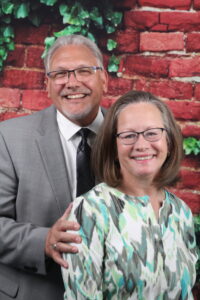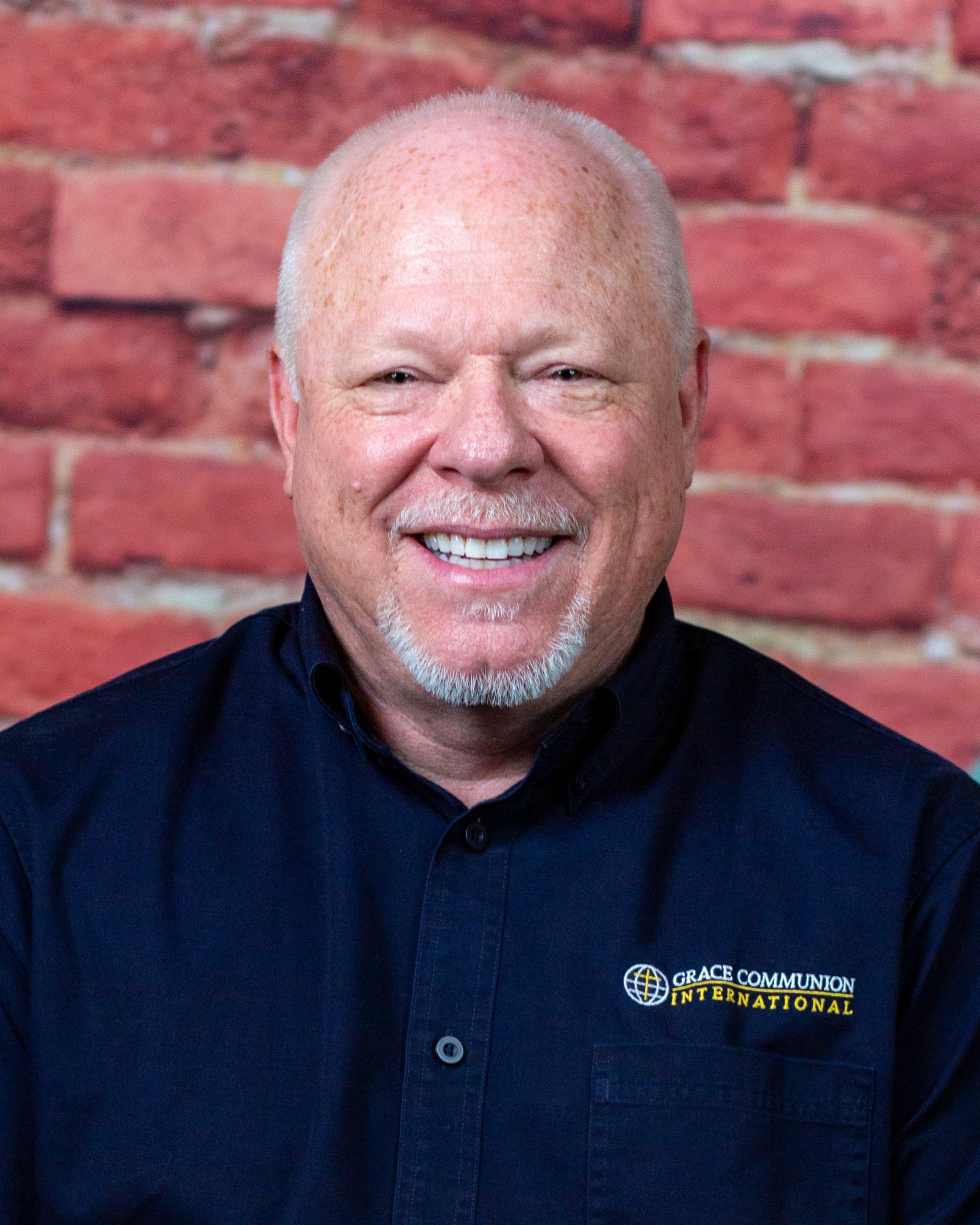Watch video on YouTube: https://www.youtube.com/watch?v=-N2icM7uDXo
Program Transcript
GCI President Update | September 2025
Prayerful Hope
In Matthew chapter 24 Jesus gives a prophetic message to his audience. One specific comment is, “there will be wars and rumors of wars.”
Out of curiosity, I asked Artificial Intelligence, “What are people saying about Matthew 24 in light of current world events?”. Here is what I found:
“of Matthew 24 focus on its relevance to the “end times” and the potential for increased global turmoil, while others emphasize its primary fulfillment in the destruction of Jerusalem in AD 70. Many Christians believe that the events described in Matthew 24, such as wars, famines, earthquakes, and the rise of false prophets, are signs of the times and are becoming more prevalent. (There is the ensuing temptation to preach a scary end-time message and to even predict dates around the return of Christ)”
This reminds me that, historically, we see how Christ’s prophetic message was for his disciples (and any who had ears to hear). The destruction of the Jerusalem Temple in 70 A.D. was significant to the collapse of the old system and to the establishment of the early church and Christ’s promise that the church will continue through the ages.
The passage can be read with a “both/and” posture. Acknowledgment of fulfillments in 70 A.D. are certain. A continuing fulfillment lingers as the church remains in prayerful hope of the Father sending his Son back to establish his eternal kingdom.
What is the reader to take away from this detailed section of scripture? The reader is exhorted to look forward to the Lord’s return. “Come Lord Jesus” is our daily plea. As we wait, we are to live responsibly, faithfully grounded in the abiding presence of Jesus. Dare I say, living and sharing the gospel? We know who the captain of our salvation is. He is also our anchor when the storm winds blow around us, and we know he can be the anchor for our friends, family members and neighbors as well.
The times we live in are heavy. War torn Ukraine and the Middle East. Civil unrest is widespread. Protests and riots are constantly in the news. We have church leaders in some African nations where their lives are threatened. Please keep them in prayer.
This heaviness can rob us of internal peace, and create fear and anxiousness. In response to these challenges Jesus implores us to be vigilant – keeping our eyes fixed on him, relying on him for peace that passes human understanding, and knowing that we will persevere because he has gone before us. Perhaps there is no more important time to live as kingdom citizens proclaiming Jesus and his kingdom culture than now?
It is a heavy time, but it is a time for faith over fear. In fact, it is time to let others know about the one who gives us hope and security in a troubled and insecure world. We are to live our lives ready for the return of Jesus, and his words in Matthew 24 tell us not to be alarmed and react out of panic but keep our wits about us because he is present with us and in the Father’s timing, he is coming to get us.
The prophetic certainty that I can share with you is two parts. First, we are one day closer than we were yesterday. And the second part is that when he does return there will not be any doubt. May you and I be alive to see Jesus streaking back to earth as an amazing bolt of lightning that fills the sky, and to hear the loud trumpet blasts as heaven will be fully and permanently united to earth. Amen!
Program Transcript
GCI President Update | September 2025
Prayerful Hope
In Matthew chapter 24 Jesus gives a prophetic message to his audience. One specific comment is, “there will be wars and rumors of wars.”
Out of curiosity, I asked Artificial Intelligence, “What are people saying about Matthew 24 in light of current world events?”. Here is what I found:
“of Matthew 24 focus on its relevance to the “end times” and the potential for increased global turmoil, while others emphasize its primary fulfillment in the destruction of Jerusalem in AD 70. Many Christians believe that the events described in Matthew 24, such as wars, famines, earthquakes, and the rise of false prophets, are signs of the times and are becoming more prevalent. (There is the ensuing temptation to preach a scary end-time message and to even predict dates around the return of Christ)”
This reminds me that, historically, we see how Christ’s prophetic message was for his disciples (and any who had ears to hear). The destruction of the Jerusalem Temple in 70 A.D. was significant to the collapse of the old system and to the establishment of the early church and Christ’s promise that the church will continue through the ages.
The passage can be read with a “both/and” posture. Acknowledgment of fulfillments in 70 A.D. are certain. A continuing fulfillment lingers as the church remains in prayerful hope of the Father sending his Son back to establish his eternal kingdom.
What is the reader to take away from this detailed section of scripture? The reader is exhorted to look forward to the Lord’s return. “Come Lord Jesus” is our daily plea. As we wait, we are to live responsibly, faithfully grounded in the abiding presence of Jesus. Dare I say, living and sharing the gospel? We know who the captain of our salvation is. He is also our anchor when the storm winds blow around us, and we know he can be the anchor for our friends, family members and neighbors as well.
The times we live in are heavy. War torn Ukraine and the Middle East. Civil unrest is widespread. Protests and riots are constantly in the news. We have church leaders in some African nations where their lives are threatened. Please keep them in prayer.
This heaviness can rob us of internal peace, and create fear and anxiousness. In response to these challenges Jesus implores us to be vigilant – keeping our eyes fixed on him, relying on him for peace that passes human understanding, and knowing that we will persevere because he has gone before us. Perhaps there is no more important time to live as kingdom citizens proclaiming Jesus and his kingdom culture than now?
It is a heavy time, but it is a time for faith over fear. In fact, it is time to let others know about the one who gives us hope and security in a troubled and insecure world. We are to live our lives ready for the return of Jesus, and his words in Matthew 24 tell us not to be alarmed and react out of panic but keep our wits about us because he is present with us and in the Father’s timing, he is coming to get us.
The prophetic certainty that I can share with you is two parts. First, we are one day closer than we were yesterday. And the second part is that when he does return there will not be any doubt. May you and I be alive to see Jesus streaking back to earth as an amazing bolt of lightning that fills the sky, and to hear the loud trumpet blasts as heaven will be fully and permanently united to earth. Amen!














